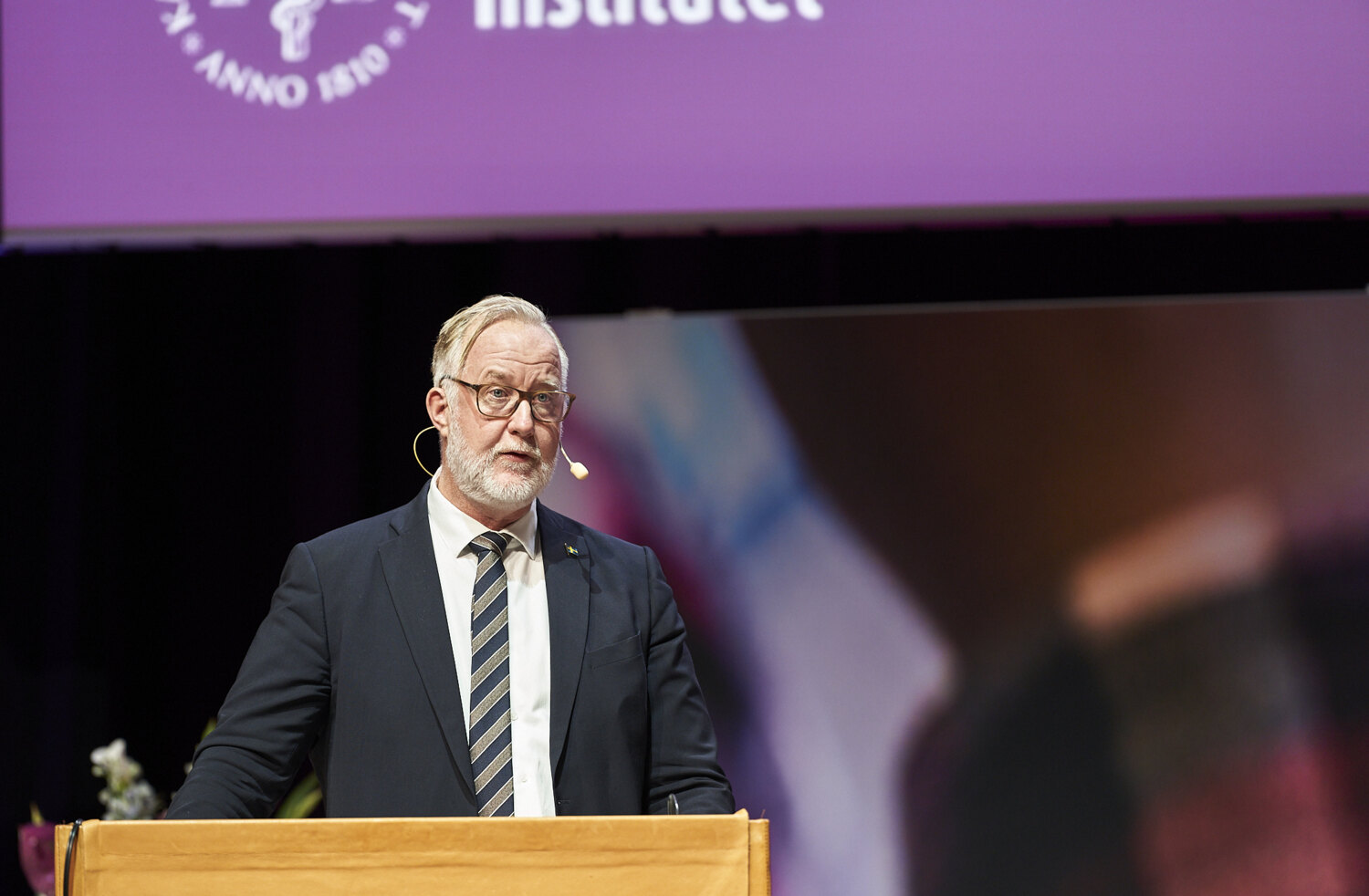The Australasian College for Emergency Medicine (ACEM) welcomes by the Victorian Government of additional crisis funding for the state’s mental healthcare system, as the severe impacts of the coronavirus pandemic continue to be felt.
ACEM has long advocated for integrated, whole-of-system improvements to mental healthcare and services across Australia and New Zealand, which both relieve pressure on hospital emergency departments (EDs), and ensure mental health patients have access to the care they need at the time they need it.
ACEM President Dr John Bonning said measures such as extended opening hours for community mental healthcare services, and the fast-tracking of new mental health beds were particularly welcome, adding it is vital that the new measures announced are properly integrated between community and hospital, and complement existing services.
“The COVID-19 pandemic continues to present many enormous challenges to hospital emergency departments, including increasing numbers and complexities of mental health presentations,” said Dr Bonning.
“EDs of course have a key role to play in providing care to mental health patients, but they must be adequately resourced and supported to provide that care. That role also cannot extend to caring for mental health patients waiting for definitive psychiatric care for days on end, simply because they have nowhere else to go.
“While we welcome these additional commitments from the government, it is also vitally important that the measures introduced are long-term, and sustainable, resulting in lasting improvements to the care provided to vulnerable mental health patients.”
ACEM Victoria Faculty Chair Dr Mya Cubitt said emergency doctors on the ground in Victoria were continuing to report high numbers of mental health presentations during the COVID-19 pandemic, including some facing dangerously long waits of 24 hours or longer for definitive psychiatric care in hospital emergency departments. Preventing long waits in emergency departments should be a clear goal in the implementation of these new measures.
“Even at the best of times, this is an unacceptable situation which can lead to increased agitation and worse outcomes for already-vulnerable patients, and contributes to ED overcrowding,” said Dr Cubitt.
“In times of COVID-19; where the need for stringent infection controls, and concerns over the increasing rates of COVID-19 infections among healthcare workers are so pressing; finding solutions is all the more urgent. It is our sincere hope the additional measures announced today lead to lasting improvements.
“ACEM will be closely monitoring the implementation and impact of these additional measures. At this crucial point we cannot allow the system to fail in its duty of care to patients experiencing mental health crisis, and we will continue raising the concerns of emergency doctors on the ground as we continue to confront this pandemic.”
Background
ACEM is the peak body for emergency medicine in Australia and New Zealand, responsible for training emergency physicians and advancement of professional standards.








